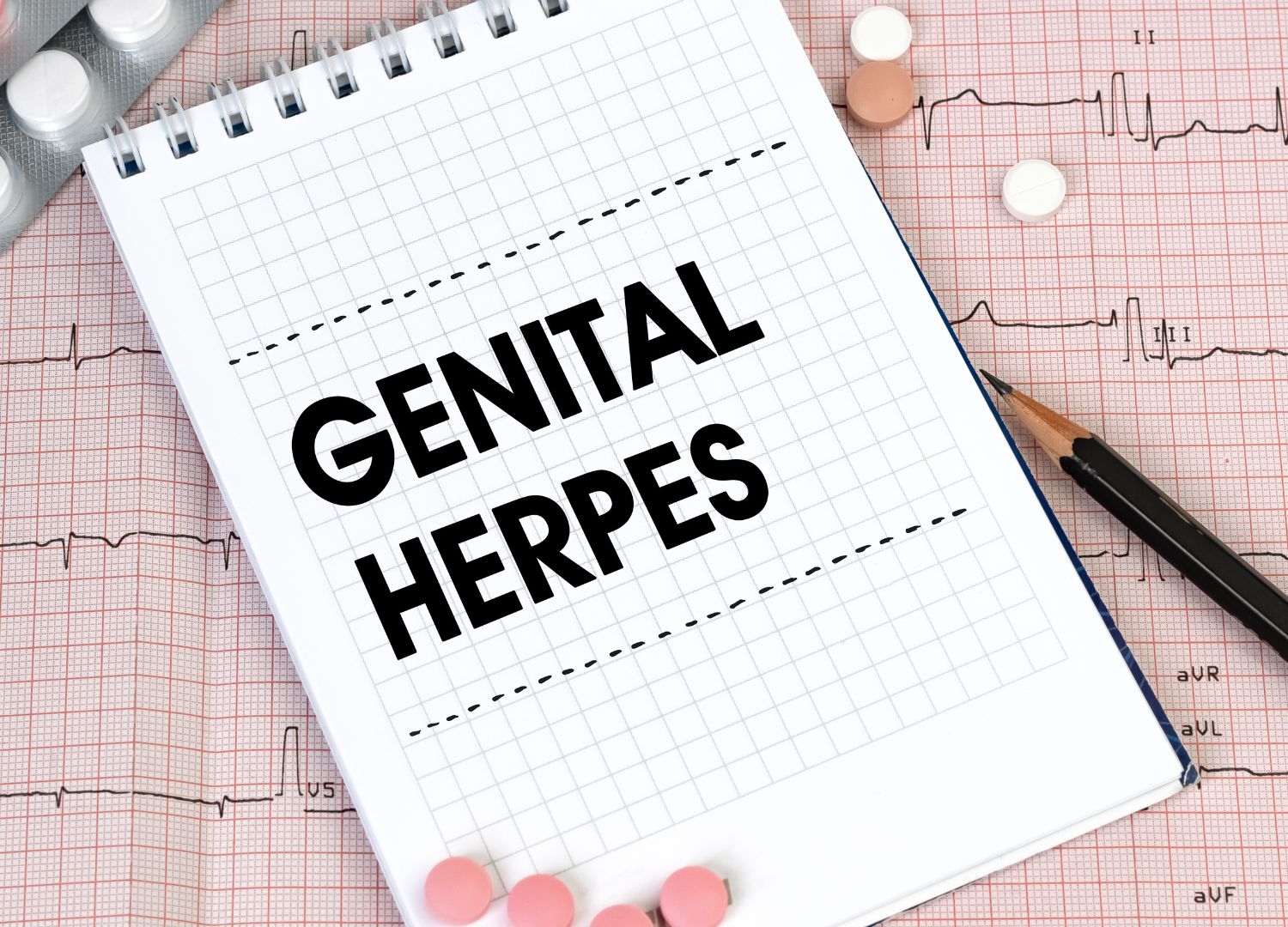
Genital Herpes: Understanding, Managing, and Preventing a Common Viral Infection
Genital herpes na common sexually transmitted infection (STI) wen dey caused by the herpes simplex virus (HSV). E dey affect millions of people worldwide, dey cause dem discomfort, emotional distress, and sometimes serious health complications. Even tho say e common, genital herpes still dey surrounded by stigma and misinformation.
Wetin be Genital Herpes?
Genital herpes dey primarily caused by two strains of the herpes simplex virus: HSV-1 and HSV-2. While HSV-1 dey commonly associated with oral herpes (cold sores), e fit also cause genital infections.But HSV-2, dey more commonly linked to genital herpes. The virus dey transmitted through sexual contact, including vaginal, anal, and oral sex, as well as through skin-to-skin contact with infected area.
Symptoms of genital herpes dey widely vary. Some people go experience serious outbreaks, while oda people go experience mild symptoms or no symptoms at all. Common symptoms na:
1. Painful Sores and Blisters: The official mark of genital herpes na the appearance of painful sores or blisters for the genital area, buttocks, or thighs. These sores fit burst, am dem go leave painful sores.
2. Itching and Tingling: Before the sores go appear, many people dey experience itching, tingling, or burning sensations for the affected area.
3. Flu-like Symptoms: During the initial outbreak, some people go experience flu-like symptoms like fever, headache, muscle aches, and swollen lymph nodes.
4. Painful Urination: Sores near the urethra fit cause pain or discomfort during urination.
Diagnosis and Treatment
If you suspect say you get genital herpes, e dey essential to seek medical attention. Healthcare provider go diagnose genital herpes through physical examination, swab test of the sore, or blood test.
While cure nor dey for genital herpes, many treatment options dey available to take manage symptoms and reduce the frequency of outbreaks:
* Antiviral Medications dey commonly prescribed to reduce how serious symptoms be and duration of symptoms. These medications fit also lower the risk of transmission to sexual partners.
* Pain Relief: Over-the-counter pain relievers like ibuprofen fit help to reduce discomfort. Warm baths and to wear clothes wen nor tight fit also provide relief.
* Suppression Therapy: For people wen dey get frequent outbreaks, daily antiviral medication fit help suppress the virus and reduce the frequency.
Preventing Genital Herpes
1. First step to take prevent the spread of genital herpes na to understand and reduce risk factors
2. Use Condoms: Consistent and correct use of condoms fit reduce the risk of transmission, though e dey important to note say condoms fit nor cover all areas wen dey infected.
3. If you limit Sexual Partners e fit lower your risk of contracting genital herpes and other STIs.
4. Avoid Sexual Contact During Outbreaks: hold body during active outbreak, as na dis time the virus dey most contagious.
5. Regular Testing: Regular STI testing dey important, especially if you get multiple sexual partners. Early detection fit help manage the condition and prevent transmission.
Conclusion
Genital herpes na common and manageable condition wen dey affect millions of people globally. While e fit dey challenging to cope with, to understand the virus, seek treatment, and take preventive measures fit help people lead healthy and fulfilling lives. If we spread awareness and reduce stigma, we go fit create more supportive environment for people wen dey affected by genital herpes.












